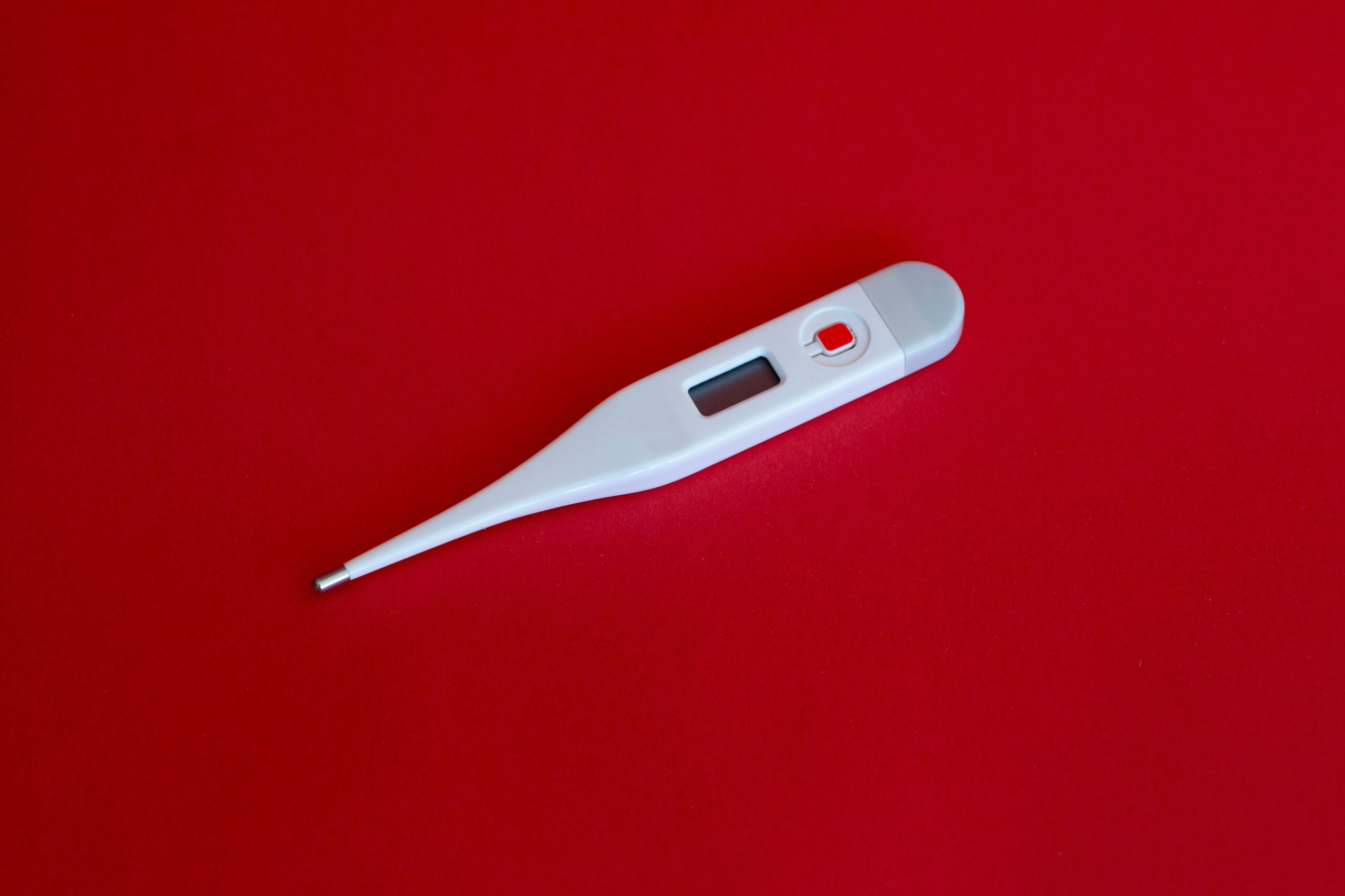An Overview of Anaemia
Anaemia is a common blood disorder that occurs when the body lacks enough healthy red blood cells to carry sufficient oxygen to the tissues. It can be caused by various factors, including nutritional deficiencies, chronic diseases, genetic disorders, and blood loss. One important marker used to assess iron stores in the body is serum ferritin levels. In this article, we will explore how serum ferritin levels can vary in different types of anaemia.
The Role of Serum Ferritin
Serum ferritin is a protein that stores iron in the body. It is primarily found in the liver, spleen, and bone marrow. Ferritin levels are an essential indicator of iron status, as they reflect the amount of iron stored in the body. Low serum ferritin levels are often associated with iron deficiency anaemia, while high levels can indicate iron overload or other underlying conditions.
Iron Deficiency Anaemia
Iron deficiency anaemia is the most common type of anaemia worldwide. It occurs when the body does not have enough iron to produce adequate amounts of hemoglobin, the protein responsible for carrying oxygen in red blood cells. In iron deficiency anaemia, serum ferritin levels are typically low, indicating depleted iron stores. A blood test showing low serum ferritin, along with other markers such as low hemoglobin and mean corpuscular volume (MCV), helps confirm the diagnosis of iron deficiency anaemia.
Chronic Disease Anaemia
Chronic diseases such as inflammatory bowel disease, chronic kidney disease, and certain types of cancer can lead to a form of anaemia known as chronic disease anaemia. In this type of anaemia, serum ferritin levels can be misleading. Despite the presence of inflammation, which would typically increase ferritin levels, chronic disease anaemia is often characterized by low serum ferritin levels. This is because the body’s iron stores become sequestered within immune cells as a response to inflammation, leading to a functional iron deficiency.
Hemolytic Anaemia
Hemolytic anaemia is a condition where red blood cells are destroyed faster than they can be produced, resulting in a shortage of healthy red blood cells. Serum ferritin levels in hemolytic anaemia can vary depending on the underlying cause. In some cases, such as autoimmune hemolytic anaemia, ferritin levels may be normal or high due to increased red blood cell turnover and release of iron from damaged cells. However, in other forms of hemolytic anaemia, such as hereditary spherocytosis, ferritin levels are typically within the normal range.
Sickle Cell Anaemia
Sickle cell anaemia is a genetic disorder characterized by abnormally shaped red blood cells that can become stuck in blood vessels, leading to pain and organ damage. Serum ferritin levels in sickle cell anaemia can be elevated due to chronic red blood cell breakdown and increased iron absorption from the gut. However, despite elevated ferritin levels, iron overload is not typically a concern in sickle cell anaemia.
Aplastic Anaemia
Aplastic anaemia is a rare condition where the bone marrow fails to produce enough red blood cells, white blood cells, and platelets. Serum ferritin levels in aplastic anaemia can vary. In some cases, ferritin levels may be low due to decreased red blood cell production. However, in other cases, ferritin levels may be normal or even elevated due to iron overload resulting from frequent red blood cell transfusions.
Conclusion
Serum ferritin levels play a crucial role in assessing iron status and diagnosing different types of anaemia. Low serum ferritin levels are typically seen in iron deficiency anaemia, while high levels can indicate iron overload or other underlying conditions. However, in certain types of anaemia, such as chronic disease anaemia and some forms of hemolytic anaemia, ferritin levels can be misleading. It is important to consider other clinical markers and diagnostic tests to accurately diagnose and manage anaemia.
Remember, if you suspect you have anaemia or any other health condition, it is always best to consult with a healthcare professional for an accurate diagnosis and appropriate treatment.
Disclaimer: This article is for informational purposes only and should not be considered medical advice. Always consult with a qualified healthcare professional for proper diagnosis and treatment of any health condition.
FIND FLASH MEDICAL INFO SEARCH HERE


